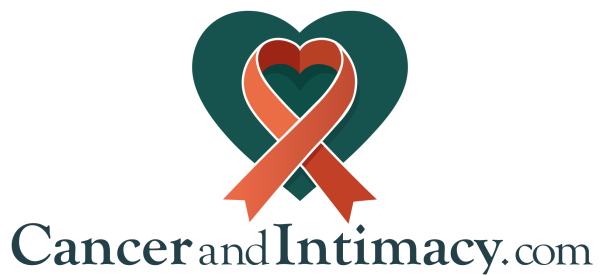Sexual Grief and Erotic Healing After Cancer
Cancer changes how we live, but it also changes how we love, how we connect, and how we relate to pleasure. Many survivors are left holding a quiet ache that no one warned them about: the loss of an erotic self they used to know.
This kind of grief isn’t just about sex. It’s about:
- Who you used to be
- What used to feel good
- The ease or spontaneity you may have once had
- Your relationship to your own body
- Your ability to give and receive desire
This grief deserves space. And from that space, erotic healing can begin—not to “go back” to how things were, but to uncover a new way forward.
Common Experiences of Sexual Grief After Cancer
Emotional effects:
- Deep sadness or longing for your “old” sexual self
- Anger or confusion about how much changed without consent
- Fear that you’ll never feel sexy, desired, or spontaneous again
- Isolation—even in partnerships—because sex feels awkward, painful, or distant
- Shame or numbness when trying to reconnect with the body
- Guilt about not “bouncing back” or wanting to be intimate
Physical or sensual effects:
- Discomfort or dissociation during touch
- Lack of desire or difficulty becoming aroused
- Avoidance of mirrors, nudity, or being seen
- Grief around scars, stomas, changes in genitals or chest
- Physical pain that triggers emotional overwhelm
What You Can Do to Support Your Erotic Healing?
Here are supportive strategies that many care teams may never name, but are essential to a full recovery.
Education & Normalization
- Understand that sexual grief is real—it’s valid, and it’s common
- Healing isn’t about “getting over it,” but making space for what’s been lost and what wants to grow
- Let go of sexual timelines: your erotic identity may evolve differently now
- Get curious, not critical. “What’s changed?” is more healing than “What’s wrong with me?”
Practices That Support Erotic Healing (No Prescription Needed)
- Write a letter to your “old sexual self” and read it out loud
- Practice self-touch without a goal—not to turn yourself on, but just to feel
- Use mirrors, light, or clothing that help you feel seen in your current beauty
- Reintroduce sensation slowly: with soft fabric, warm baths, temperature play, feather-light contact
- Track moments when you feel even a flicker of sensuality—those are signs of life returning
- Breathe with one hand over your heart, one over your genitals—no agenda, just presence
Lifestyle & Emotional Support
- Connect with a therapist, coach, or healer who understands sexual trauma, grief, and body change
- Join or create a peer group or healing circle focused on sensual or erotic reclamation
- Talk to your partner (if you have one) about grief and desire—not just sex itself
- Reclaim the erotic beyond performance: try dance, poetry, photography, or voice work
- Celebrate non-sexual sensuality: wearing silk, smelling flowers, eating with your fingers, laying in the sun
- Remind yourself: this is sacred work, and you don’t have to rush
Questions to Ask Yourself or a Healing Professional
- What parts of me feel tender, angry, or numb when I think about sex now?
- What did my erotic self look and feel like before cancer?
- What new version of eroticism might feel nourishing now?
- Who or what makes me feel alive, curious, or even slightly turned on?
- What kind of support do I need in order to reclaim parts of myself?
Want to go deeper? Click below to download our FREE RESOURCE, Empowering Practices for Sexual Grief & Erotic Healing
